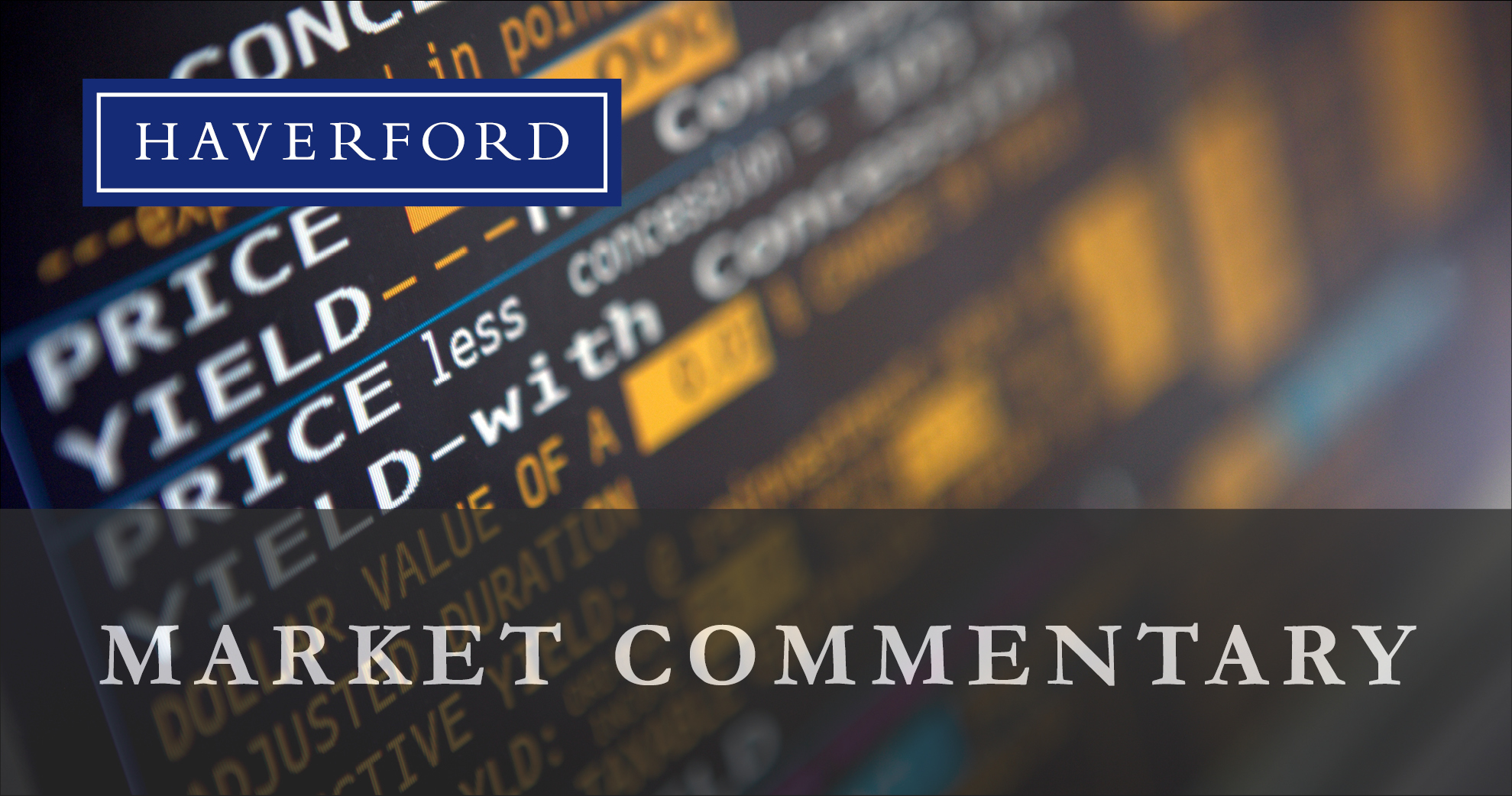Tim Hoyle, CFA, Chief Investment Officer
thoyle@haverfordquality.com
Biden’s Policy Proposals Give Investors Plenty to Ponder, but Avoid a Kneejerk Reaction to Portfolio Positioning
Tomorrow, President Biden will outline the Democratic party’s 2021 initiatives. Now that we are on the cusp of reversing the Covid-19 outbreak, the President will likely pivot to focus on the many initiatives outlined during his campaign. Biden’s Build Back Better proposal is expected to be separated into two parts. The first, which will likely be the focus of tomorrow’s (3/31) speech, is expected to target traditional infrastructure projects, including green energy, highways, and broadband; and have a price tag of nearly $1.9 trillion. The second piece of the Build Back Better proposal will likely focus on social-policy issues such as childcare and paid family leave. All told, these proposals are expected to have a total price tag of $3.5 trillion over ten years.
We expect more than $2 trillion in tax increases to be attached to these proposals, including a hike in the corporate rate and GILTI tax,[1] personal income over $400k, and capital gains for millionaires.

While the scope of these proposed policies and tax bills may be extensive, we caution against making any portfolio changes based on these proposals alone. We anticipate both the spending and tax increases will be pared back as compromises are made in Congress. Additionally, it is difficult to invest in “infrastructure spending” that is scheduled to occur over ten years and will most likely be back-end loaded. As for tax increases, a back of the envelope analysis shows that S&P 500 earnings could be 6-9% lower under these proposals; for personal taxes, the devil will be in the details, but those are unlikely to dramatically change consumer spending.
Investors should avoid investing based on their political views. As we have previously noted, stocks tend to perform well despite the party in power. Also, one is hard pressed to show that either Clinton or Obama-era tax increases negatively affected the markets. Thus, our advice is to stay focused on your goals, not the President’s, through the political and fiscal uncertainty that is sure to ensue in the coming months.
We look forward to spending more time on this topic at tomorrow’s Q&A event. If you would like to register, please click here.
[1] Global Intangible Low-Taxed Income (GILTI) is a new concept in the US tax system introduced in the 2017 corporate tax cuts and changes on how the U.S. taxes corporate income earned abroad. President Biden’s election campaign proposed increasing the GILTI tax rate from 10.5% to 21%.
